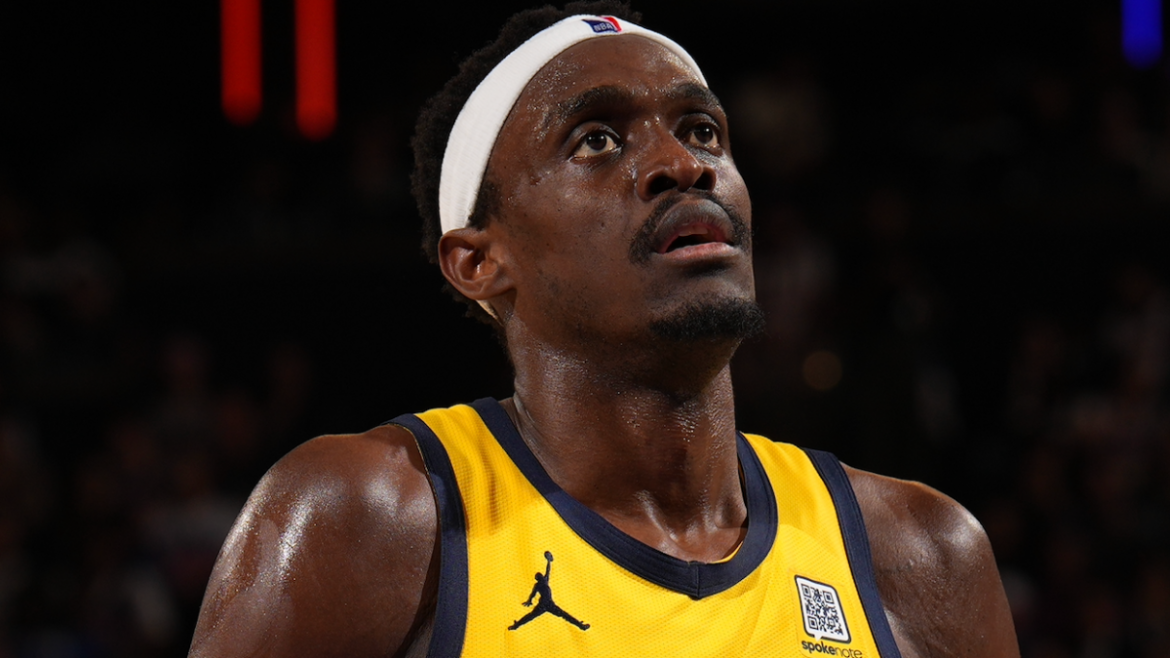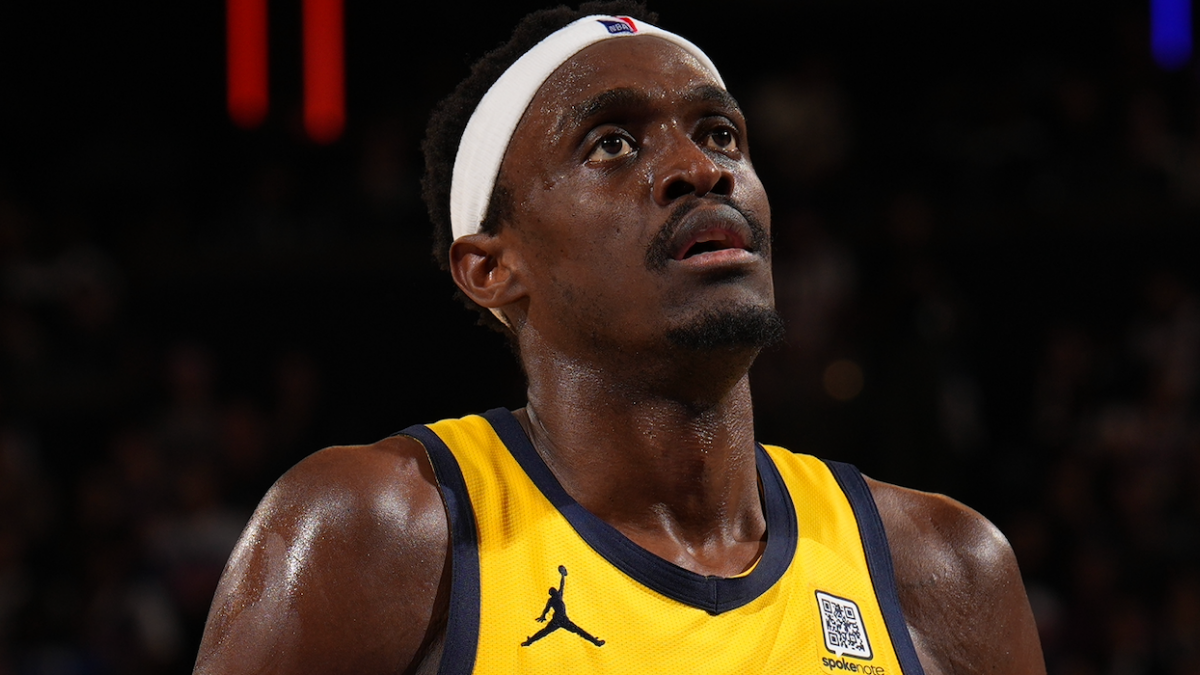Pascal Siakam’s Postgame Interaction: A Closer Look at the Tensions and Performance Dynamics in the Pacers-Knicks Series
The recent Eastern Conference Finals between the Indiana Pacers and New York Knicks has been a fiercely competitive saga marked not only by intense on-court action but also off-court tensions, particularly involving Pacers forward Pascal Siakam. His recent postgame exchange with a reporter following Indiana’s Game 5 loss has drawn considerable attention and offers insights into the pressures and dynamics within high-stakes professional basketball.
—
Understanding the Context: Pacers vs. Knicks, Game 5
Indiana entered Game 5 with a commanding 3-1 lead in the series but were unable to close it out, falling to the Knicks 111-94 at Madison Square Garden. This loss forced the series back to New York for a critical Game 6. The Pacers’ inability to maintain their earlier momentum set the stage for frustration and scrutiny from media and fans alike.
Pascal Siakam, regarded as a pivotal figure since his acquisition last year, had been a consistent and productive presence for the Pacers. In previous games, notably Game 2 and Game 4, Siakam’s performances—highlighted by a career-playoff high of 39 points—helped propel Indiana to a 2-0 and then a 3-1 series lead. His role as a scoring second option and locker room leader is well documented.
—
The Postgame Exchange: Pressure Meets Frustration
In the immediate aftermath of Game 5, Siakam’s interaction with a reporter became tense and somewhat awkward, gaining viral attention. When asked about the Pacers’ drop in effort compared to earlier in the series, Siakam candidly acknowledged, “They played harder than us,” pointing directly to the Knicks’ superior energy and effort in that game.
The line of questioning appeared to persist, prompting Siakam to deliver terse, somewhat defensive retorts such as, “You good, bro?” and showing visible signs of being unsettled by the interview. Observers noted that Siakam might not have recognized the particular reporter, adding to the awkwardness and signaling his frustration wasn’t just with the loss but also with the media scrutiny.
—
The Effort Gap: Insights and Reactions
Siakam’s admission underscored a key theme regarding the difference in intensity between the teams. Analysts and postgame reports highlighted moments such as disputed foul calls and controversial refereeing decisions—like the no-call on an OG Anunoby putback attempt—that arguably swung momentum. However, the broader narrative remained focused on the Knicks simply outworking the Pacers in the critical moments.
Fans and commentators discussed the psychological toll of failing to close a series after holding a significant lead. Pacers star Siakam, despite being a relentless competitor who showcased his scoring prowess throughout the playoffs, seemed visibly affected by the shift in energy.
—
Siakam’s Role and Impact over the Season
Siakam’s arrival in Indiana was expected to elevate the team’s ceiling. His adaptability as a scoring second option and defensive contributor has proved instrumental in the Pacers’ deep playoff run. His 39-point explosion in Game 2 and steady play in the locker room had made him a fan favorite and a team cornerstone.
Yet, his postgame demeanor after Game 5 reveals some of the emotional strain athletes face during pressure-packed playoff moments. It lays bare the gap that can emerge when effort and intensity falter, regardless of talent.
—
Media and Fan Perspectives
The exchange received mixed reactions on social media and sports forums. While some sympathized with Siakam, viewing his defensive tone as a product of frustration under pressure, others criticized him for not handling the press questions with more composure.
From a journalistic perspective, the reporter’s questioning was standard probing following a lopsided loss, especially when a leader admits being outplayed. The tension highlighted the delicate balance for athletes between accountability and emotional self-preservation in a high-stakes environment.
—
Looking Ahead: What This Means for the Series and Siakam’s Legacy
The Pacers now face an uphill battle heading to Game 6, needing to regroup mentally and physically. For Siakam, the spotlight will continue to shine not just on his on-court performance but also on his leadership in reaction to adversity.
This incident, while uncomfortable, reveals the real human side of professional sports—where pressure, scrutiny, and personal emotions collide. How Siakam and the Pacers respond could define the final chapters of their playoff journey and the narrative surrounding his tenure in Indiana.
—
Conclusion: A Moment of Raw Honesty Amidst Playoff Drama
Pascal Siakam’s postgame exchange following Game 5 serves as a potent reminder that beyond the statistics and highlights, the emotional and psychological dimensions of playoff basketball are profound. His straightforward admission that the Knicks “played harder” encapsulates the challenge of sustaining peak effort and focus in the crucible of postseason competition.
This moment of vulnerability, mixed with defensiveness, captures the fiery competitive spirit of a player shouldering the weight of expectations and the sting of defeat. As the series progresses, both the Pacers and Siakam’s ability to channel these emotions constructively will be crucial to their quest for an NBA Finals appearance.





